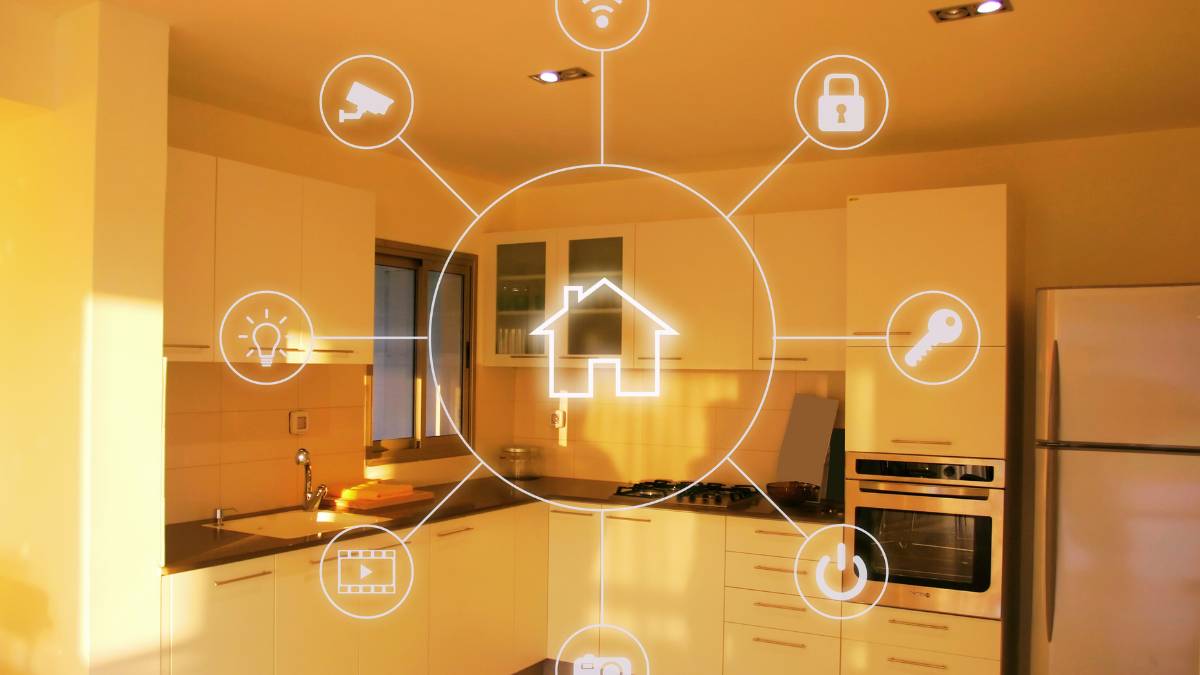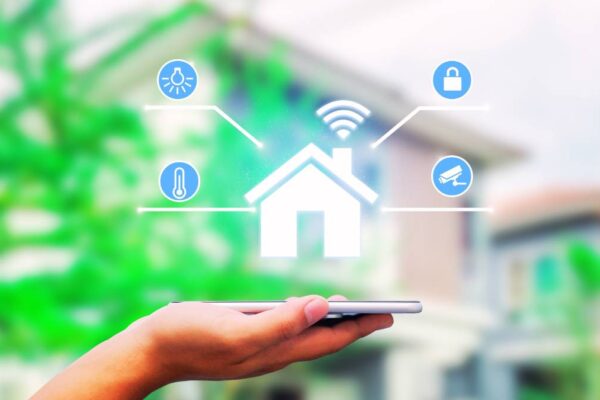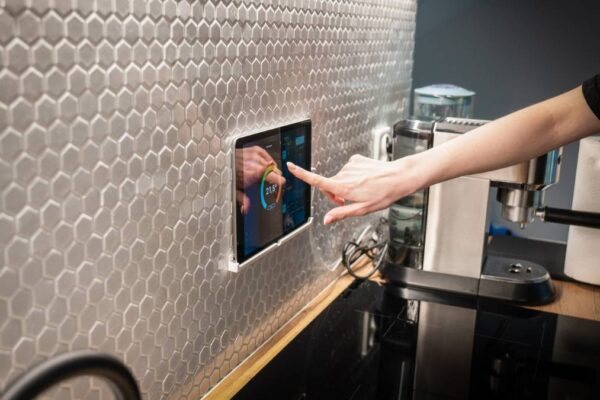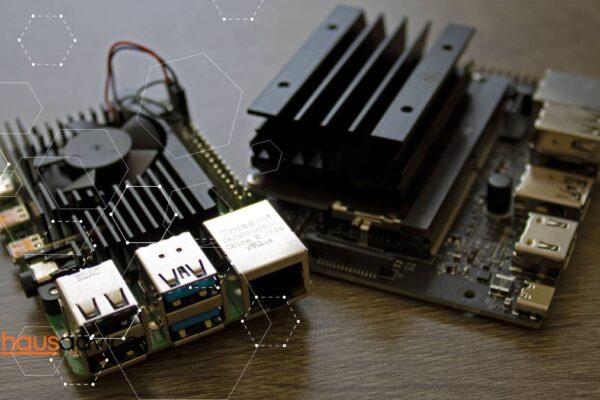Smart home systems have become a favored option among homeowners looking to improve their living environments in the ever-changing technology world. These systems incorporate diverse gadgets and appliances to provide a networked environment that can be remotely managed and automated to enhance convenience.
Smart home systems provide a wide range of advantages, including enhanced security and increased energy efficiency. Now, let’s explore the benefits of smart home systems can offer to modern households:
- Smart home systems offer convenience through centralized control of various devices, accessible remotely via smartphone apps.
- They enhance security with features like real-time alerts, motion detection, and integration with surveillance cameras.
- Energy efficiency is promoted through automation of heating, cooling, and lighting based on occupancy and preferences, reducing utility bills.
- Additional benefits include customization, peace of mind, increased property value, and integration with IoT devices, ensuring future-proofing and streamlined entertainment and wellness monitoring.
What Are Smart Home Systems?
Smart home systems cover a broad spectrum of devices and technologies that are created to automate and improve different aspects of home life. These systems usually include a variety of interconnected devices, such as smart thermostats, lighting controls, security cameras, door locks, entertainment systems, and more. Using wireless communication protocols such as Wi-Fi, Zigbee, or Z-Wave, these devices can easily communicate with each other and a central control hub, commonly known as a smart home controller or gateway.
One of the standout qualities of smart home systems is their remarkable capability to be accessed and controlled remotely through smartphone apps or web interfaces. With this feature, homeowners can conveniently control and manage their home’s settings and devices from any location with an internet connection. Homeowners have the ability to control lights, regulate the thermostat, and monitor security camera footage even when they are not at home.
Benefits of Smart Home Systems
1. Convenience
The primary advantage of smart home systems is the evident ease they provide. By utilizing a single interface, often a smartphone app, homeowners can effortlessly oversee and regulate numerous components of their houses, such as lighting, thermostats, security cameras, and more.
2. Remote Access
Remote access refers to the ability to access a computer or network from a location that is not physically connected to it. This can be done through several methods, such as using a virtual private network (VPN).
Smart home systems provide the capability for homeowners to remotely monitor and manage their houses from any location with an internet connection. Remote access allows individuals to conveniently control their thermostats or monitor security cameras from a distance, offering a sense of security and the ability to adapt to different situations.
3. Energy Efficiency
Smart home equipment, such as programmable thermostats and energy-monitoring systems, enhance energy efficiency by optimizing energy use. Homeowners may minimize energy waste and save utility expenses by using automated systems that regulate heating, cooling, and lighting according to occupancy and personal preferences.
4. Enhanced Security
Smart home security systems include sophisticated functionalities such as motion detection, door/window sensors, and immediate notifications. By integrating with smartphones, homeowners may receive notifications and access live footage, enhancing their sense of security and enabling them to take immediate action in case of crises.
5. Personalization
Smart home systems provide a high level of customization to accommodate individual preferences and lifestyles. Homeowners have complete control over the operation of their smart devices, whether it involves setting up unique lighting scenarios, scheduling automatic operations, or modifying settings depending on certain criteria.
6. Improved Safety
Smart home gadgets enhance safety by identifying potential risks such as smoke, carbon monoxide, and water leaks. Automated notifications instantly inform homes of possible risks, enabling them to promptly take required safeguards or call emergency services.
7. Voice Command
Several smart home systems seamlessly include voice assistants such as Amazon Alexa, Google Assistant, and Apple HomeKit, allowing for convenient and hands-free management of interconnected devices. Vocal commands streamline engagement and improve accessibility, enabling people to seamlessly control their smart residences.
8. Peace of Mind
Smart home systems give homeowners peace of mind through a mix of security features, remote access, and real-time notifications. Smart home technology enables continuous surveillance and peace of mind, whether it’s for monitoring elderly relatives, supervising pets, or protecting against burglars.
9. Increased Property Value
Residential properties that are outfitted with smart home systems frequently have better resale values as a result of their expanded features and performance. As the popularity of smart home technology grows, potential buyers are more attracted to houses that have integrated systems, making them more appealing in the real estate market.
10. Streamlined Entertainment
Smart home entertainment systems integrate audio, video, and streaming services, providing a smooth and uninterrupted entertainment experience. Users may easily control music playback, movie streaming, and audio settings in their homes using integrated control choices.
11. Health and Wellness Monitoring
Smart home technologies can enhance health and wellness objectives by monitoring physical activity, tracking sleep patterns, and issuing reminders for medicine or appointments. These characteristics facilitate the adoption of healthy habits and enhance the ability to effectively oversee one’s own well-being.
12. IoT Device Integration
Smart home systems frequently incorporate a diverse array of IoT (Internet of Things) devices, enabling compatibility and enhanced capabilities. Integration facilitates the creation of a unified ecosystem that improves overall efficiency and convenience by linking smart appliances, wearable gadgets, and home automation platforms.
13. Future Proofing
By investing in a smart home system, you ensure that your home is up-to-date with the newest technology breakthroughs, thereby preparing it for the future. Smart home systems may be effortlessly upgraded and expanded to include state-of-the-art advancements, guaranteeing that your house stays at the forefront of technology as new devices and features are introduced.
Final Words
Ultimately, smart home systems have several advantages that improve the convenience, security, and efficiency of homeowners. The benefits of smart home systems are indisputable, as it simplifies everyday duties, enhances peace of mind, and boosts property value. With the ongoing advancement of technology, it is certain that smart homes will have a growing influence on our lifestyle and how we engage with our living environments.




